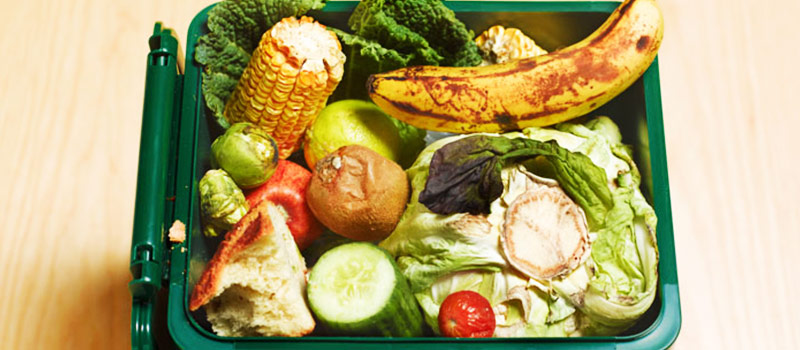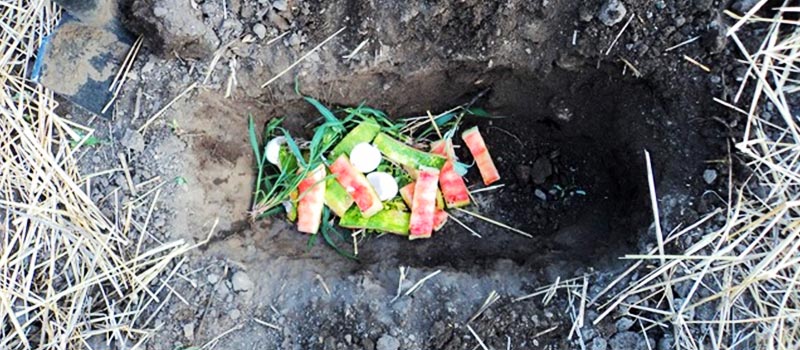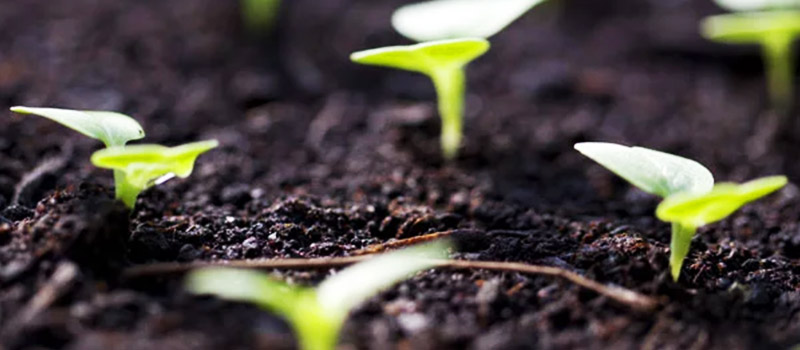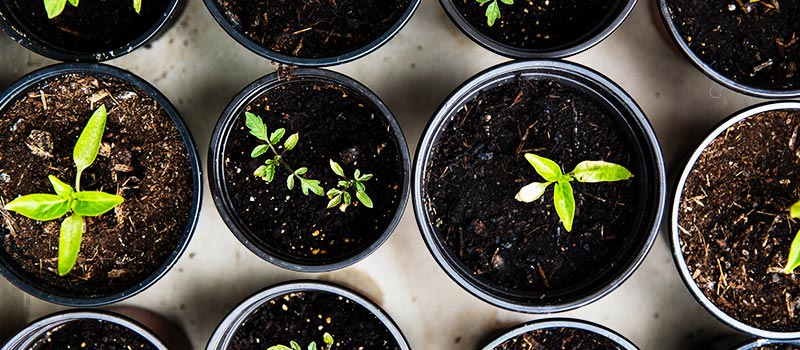Every year, thousands of tons of garbage makes its way to landfill in Papua New Guinea. What’s more, much of the waste is compostable; meaning it can be recycled and used as a source of nutrition for your garden.

Organics like food scraps and garden waste release methane into the atmosphere when thrown out as rubbish. Methane is a major greenhouse gas with a global warming potential of over 100 times greater than that of carbon dioxide.
Composting is the process of converting organic materials into a soil-enriching substance known as compost. Through continuous awareness and education on the benefits of composting, methane emissions can be minimized to a greater extent. Like knowledge, an investment in composting pays the best interest.
Composting is not a complicated or mysterious process. Keeping a few basic rules in mind, even new gardeners can begin the process without much hassle.
Fundamentally, composting can be carried out in a number of ways in any indoor or outdoor conditions.
To begin composting, you need four basic ingredients:
Brown materials - these are organic materials such as dry leaves, shredded cardboard, egg shells, and corn cobs, etc., which are rich in carbon or carbohydrates
Green materials - includes materials such as vegetable scraps or peelings, fresh lawn grass, coffee grounds, etc., and are rich in nitrogen.
Water - having the right amount of water improves compost development. Too much water is just as bad as lack of water.
Air - most of the biology in the soil that helps to decompose the organic materials are aerobic; they need air to survive.

A complete mixture of the four ingredients sets the stage for microorganisms to break down natural matter into much simpler materials. This activity achieves what is known as composting.
The process of composting is only successful based on the present state of the environment within the composting system, i.e., oxygen, temperature, moisture, material disturbance, the size and activity of the microbial population, etc.
Composting (or natural recycling) is a continuous process in the natural environment, with or without human interaction. The effectiveness of composting can be attributed to the microorganisms and invertebrates within the present condition of the soil. They digest and consume organic matter and in this way the activity helps the soil become very fertile.

The high fertility of the soil is the result of the nutrients put back into the matter by the microorganisms. The process of composting is somewhat easy to conduct, and can be followed through in any outdoor or indoor setting, and in any relative location.
Composting has the inherent ability to control most of the organic material in the waste stream including paper products, animal carcasses, leaves and yard wastes, animal manure, and is easily adaptable to a waste management plan. However, for domestic usage, cooked food and meat may attract rodents so it’s best to stick with kitchen and garden waste.
Moreover, the benefits of composting are many such as enriching soil, drastically reducing methane emissions, and encouraging the production of beneficial microorganisms that balances the biology within a compost system.
Composting is all about recycling. It is nature’s way of turning waste into reusable material. Bare in mind that what you consider as garbage is actually compostable, so make composting a habit - keep garbage from reaching landfills or dump sites, and help reduce methane emission.




Comments